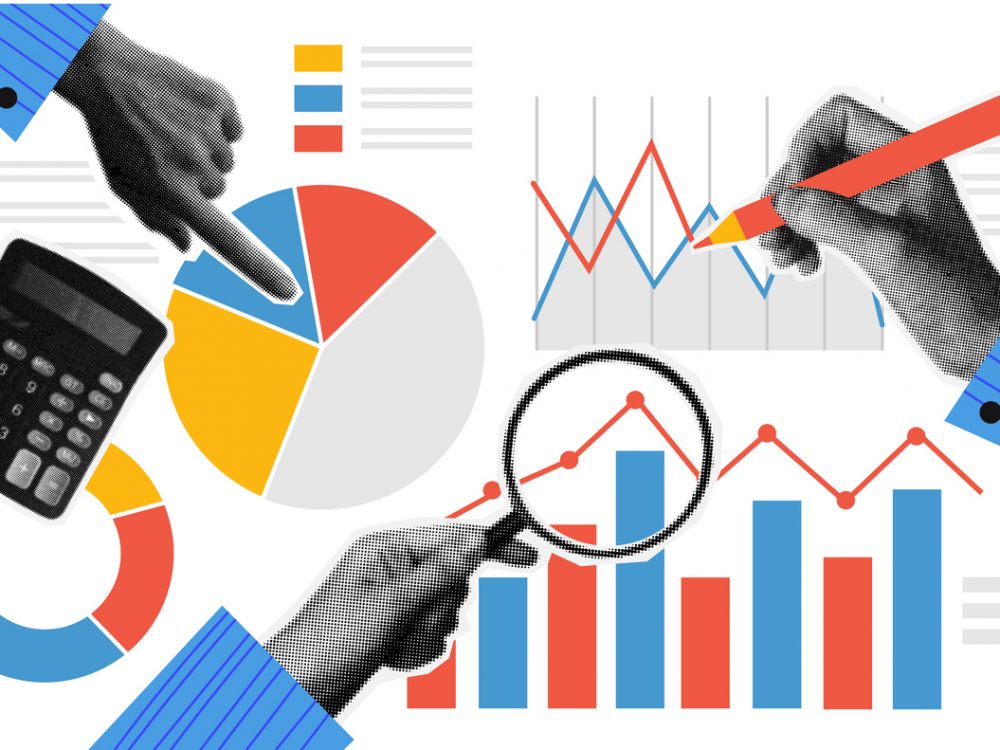A World that Counts vs. A World that Hides
The Secretary-General’s Independent Expert Advisory Group on a Data Revolution has released their report, A World that Counts: Mobilising the Data Revolution for Sustainable Development, which outlines how to enact the data revolution into the Sustainable Development Goals. In true MDG/SDG global goal setting fashion the report proposes a “Global Consensus on Data,” a “Network of Data Innovation Networks,” a UN-led “Global Partnership for Sustainable Development Data,” and an “SDGs data lab.”
While all positive steps, I feel the most important part was the one that didn’t receive any sort of catchy network/partnership/group, improving the capacity of stakeholders within governments and organizations to be able to gather, display, analyze, and integrate data themselves which would spur economic growth, enable data based decision making where it is most important, start to decrease that inequality the report talks about while achieving the rest of the goals the report lays out.
Interestingly enough, Mark Malloch Brown, former UN Deputy Secretary General, who helped draft the MDGs said recently that the goals were meant as a way to measure success in serving the poor, “not the prescription for spending western aid that they became.”
He goes on to focus on the importance of building an “empowered but regulated private sector” for true development to take place. Transparency International would highlight the need for these countries to be transparent in order to fight corruption. Their recently released report, Transparency in Corporate Reporting, notes the lackluster effort most companies are putting into being more transparent.
And we all agree how important transparency is. A guest post on Oxfam’s From Poverty to Power blog noted the resounding AMEN to four critical principles for development-accountability, transparency, participation, and inclusion. However, what these mean in action can be drastically different depending on what point of view we are coming from. The authors note that a stronger consensus will likely determine the success of truly integrating these principles into development.
Image from United Nations Photo, CC BY-NC-ND 2.0
This piece was originally published on AidData’s The First Tranche.
Share This Post
Related from our library

From Data to Impact: Why Data Visualization Matters in Agriculture
This blog explores why data alone isn’t enough; what matters is turning it into usable insights. In agriculture, where decisions have lasting impacts, user-friendly tools help farmers and policymakers alike make better choices.

Harnessing the Power of Data: Tackling Tobacco Industry Influence in Africa
Reliable, accessible data is essential for effective tobacco control, enabling policymakers to implement stronger, evidence-based responses to evolving industry tactics and public health challenges. This blog explores how Tobacco Industry strategies hinder effective Tobacco control in Africa, and highlights how stakeholders are harnessing TCDI Data to counter industry interference.

Economic Toll of Tobacco-Related Diseases in Kenya: New Research Findings
Development Gateway: An IREX Venture (DG) is pleased to announce the publication of a research manuscript on the Economic Costs of Tobacco-Related Illnesses in Kenya. This research was carried out as part of the Tobacco Control Data Initiative (TCDI) activities in Kenya and is part of a broader report on Morbidity and Mortality from Tobacco Use in Kenya.